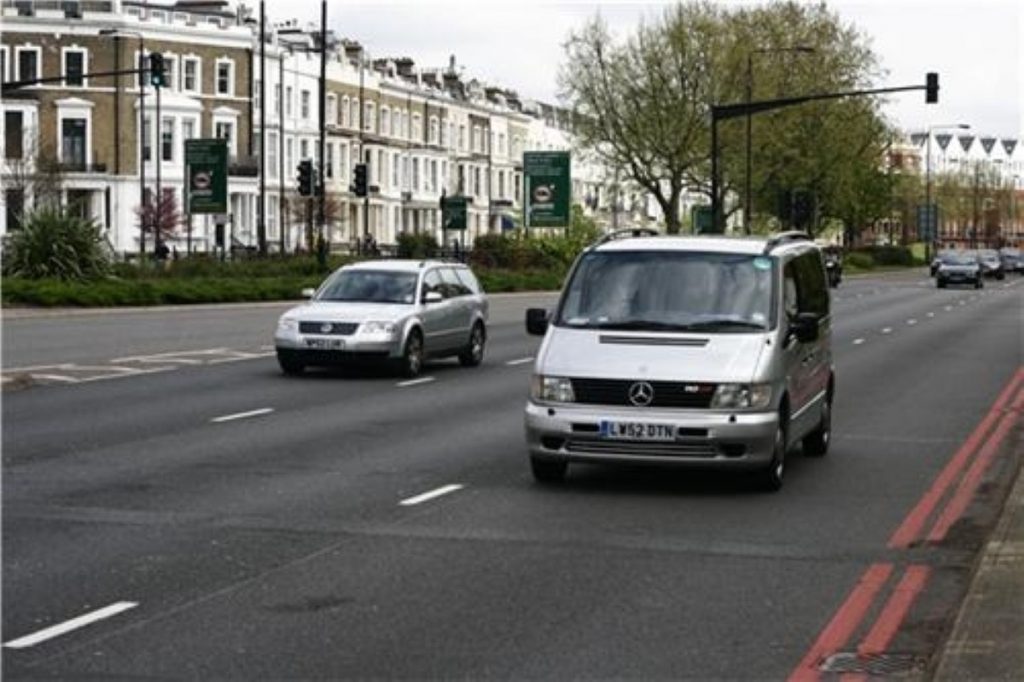Blair tackles world’s ‘second biggest killer’
The prime minister Tony Blair has given his support to a UN campaign against global road deaths.
The UN’s global road safety week begins today, with a press conference at its Geneva headquarters attended by secretary general Ban Ki-moon.
Some 1,000 people die from road crashes every day, the World Health Organisation notes, with an annual toll of 1.2 million people across the globe.
Africa has the world’s most dangerous roads, with 28.3 deaths per 100,000 people. However, Britain is not immune from fatalities, with 1,422 children killed or maimed in deprived areas in 2005, making road accidents the leading cause of death among ten to 25-year-olds.


In a video message supporting an RAC-led campaign accompanying the UN awareness week, Mr Blair said: “Every minute of every day a child is killed or seriously injured on the world’s roads.
“Road crashes are the second leading cause of death for young men after HIV/Aids, and in some African countries more than 70 per cent of those killed on the roads are young breadwinners.
“It is becoming clear that road injury has a serious impact on the wider development goals we are all trying to achieve. So I commend the proposal that the UN should organise a global ministerial meeting on road safety.”
Edmund King, executive director of campaign-coordinator the RAC, added: “We must do more to make our roads safe at home and across the globe.
“Half of all children killed or seriously injured on the roads in England come from deprived areas and this is reflected in the fact that 90 per cent of those killed globally are from low and middle income countries.”
A report from the Commission for Global Road Safety warned that international funding for road building risks increasing fatalities as it is not linked to road safety initiatives.
The report called on donors to ensure projects considered road safety measures, such as the need for separate pedestrian routes and the benefits of roundabouts over intersections.
The Department for International Development (DfID) responded that it recognises road safety is an important issue and already supports international organisations working to improve road safety, including the Global Road Safety Partnership.
A spokesperson said: “DFID recognises that this is an important issue – without investment in road safety there is a risk that improving road infrastructure will increase the burden of road traffic accidents. But it is not just an issue for new roads. Attention to improving road safety needs to apply to the whole transport sector in a country and include engineering, education and enforcement.
“DFID and donors collectively pay attention to road safety and promoting best practice by integrating road safety into transport policies and planning.”
DfiD’s annual bilateral budget for transport is around £50 million, which goes directly to overseas government’s transport budgets, leaving them to decide how it is spent and what priorities are given to road safety.

